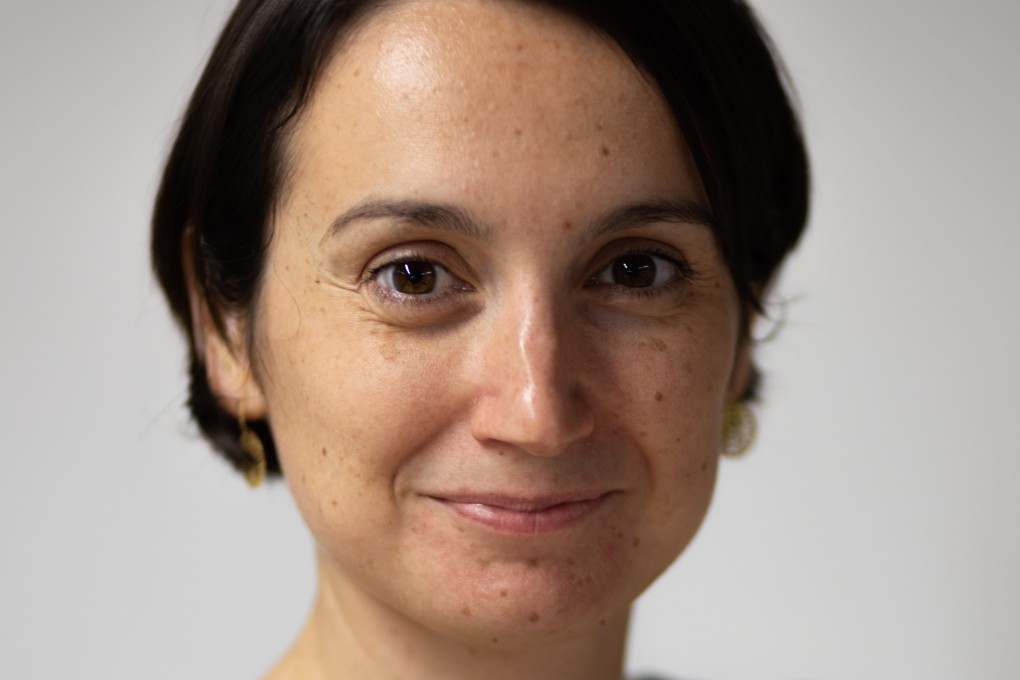How a book about poverty reduction changed NGO founder’s life: her big takeaways from Nobel Prize winners’ Poor Economics
- Keep learning, keep testing, stay humble – these are the lessons Marie Kretz Di Meglio took from Abhijit Banerjee and Esther Duflo’s Poor Economics
- Inspired by their book, she founded Hong Kong NGO Uplifters to educate poor Hongkongers and domestic helpers about money matters and personal freedom

Poor Economics: A Radical Rethinking of the Way to Fight Global Poverty (2011), by 2019 Nobel Prize-winning economists Abhijit Banerjee and Esther Duflo, takes an evidence-based approach to big questions of poverty alleviation. It avoids generalisations and dogma in favour of attempts to understand how poor people make economic decisions.
Marie Kretz Di Meglio, founder and chief executive of Uplifters, a Hong Kong-based NGO that provides online financial and personal growth education to migrant domestic workers and members of underprivileged communities, explains how it changed her life
It’s funny that I came across Poor Economics– a book that was life-changing and has continued to influence me – in a little essay on poverty I found in a magazine at a friend’s house.
In the book, Banerjee and Duflo question the main ideologies behind initiatives to tackle poverty and use an evidence-based approach, with randomised control trials, to see what works and what doesn’t. Regardless of ideology, most projects fail when they don’t take into account psycho-sociological processes.
“Poor” people are first and foremost people like others, with dreams, hopes and fears, and don’t always make the most economically rational decisions
“Poor” people are first and foremost people like others, with dreams, hopes and fears, and don’t always make the most economically rational decisions. They are willing to save for an expensive wedding or something like a television rather than investing in an asset that may bring returns and potentially improve their lives.
Like all human beings, they tend to procrastinate, think only short term and are prone to forget good resolutions. Their beliefs and attitudes don’t necessarily transform into actions.